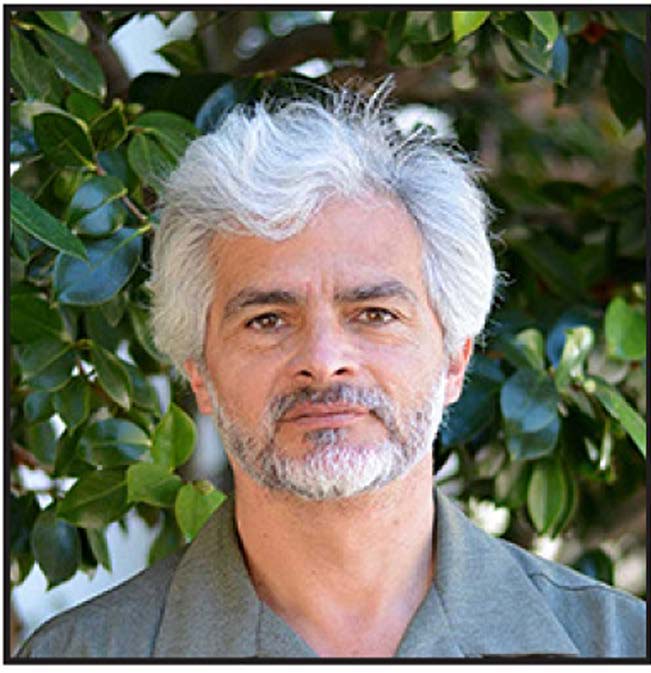Public Forum on the Future of The Fort Bragg Mill Site
Ignacio Chapela speaking on Science, Climate Change, Sea Level Rise and Resistance.
We are pleased to invite you to our Symposium on the Future of the Fort Bragg Mill Site at the Caspar Community Center on Saturday, June 22, from 9 AM to 5 PM with a reception to follow. Held under the auspices of the Mendocino Institute, this event will provide the opportunity for many people deeply involved with the future of the Mill Site to come together and discuss creating public policies that will ensure its healthy and vibrant future.
Suddenly the urgency for this discussion has increased as The City moves toward amending of the Local Coastal Plan to rezone the whole site, determining how much land will be in permanent open space and the cleanup of dioxins and other carcinogenic toxins remains unresolved. Earlier this year, we began a conversation around the future of the Mill Site through local gatherings with knowledgeable academics and a series of radio programs on KZYX, as well as an extensive article in Real Estate Magazine.
Program
With Ignacio Chapela, UC Berkeley Professor of Ecology speaking on Science, Climate Change, Sea Level Rise and Resistance.
- Professor Ignacio Chapela. UC Berkeley Professor of Ecology speaking on Science, Climate Change, Sea Level Rise and Resistance.
- Dr. John Balmes, Professor of Environmental Medicine at UCSF.
- Gayle McLaughlin, former Mayor of Richmond CA who has worked to refashion the environmental obligations of the fossil fuels industry in Richmond.
- Plus local officials and activists

Dr. Ignacio Chapela is an Associate Professor of Microbial Ecology at the University of California, Berkeley . he is also a Senior Researcher at GenØk, the Norwegian Center for Biosafety in part 1, videoed on Moku o ‘O‘ahu, host Melissa Yee of Seeds of Truth on ‘Ōlelo Community Media, talks with Dr. Chapela about the interconnected ecologies of the world . he mentions the various networks wherein such things as nutrition, health, connectivity, resilience, roots, communication play roles along with many expressions of life, inclusive of microbes, plants, fungus, animals and humans
he further talks about his history and aspects of the development of science and industrial production from his perspective . he touches upon such things as his introduction through Tom Aisner at Cornel, to a long term position within an academic institution aft of leaving industry; which much later, lead to the path he walks now . he mentions how this journey took him to the Southern State of Oaxaca and his studies with the peoples there . he adds how he and his associates spoke the truth on the introduction of GMO Maize by industry . he mentions how the contamination of GMO Maize was detected thousands of miles away from GMO Maize plants, in contradiction to what industry was saying
Presented by the Fort Bragg Mill Site Symposium Committee & Mendocino Institute, www.mendocinoinstitute.org
Free Admission
On Saturday June 22 we will be hosting a Round table discussions on toxics, sea level rise, brownfield conversion, grassroots participation and a tour of the Mill Site.
Petition: Save 400 acres of Fort Bragg Headlands: Clean Up First for a Healthy Mendocino Coast
Fort Bragg Headlands Consortium
The Future of the Fort Bragg Mill Site
Learn more about the history of the Mill Site; ongoing cleanup and planning; and the current status of various development efforts.




